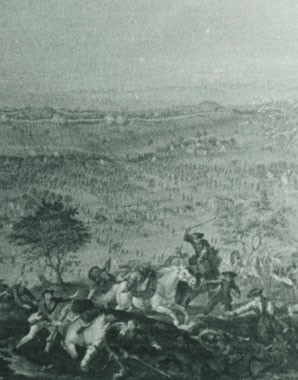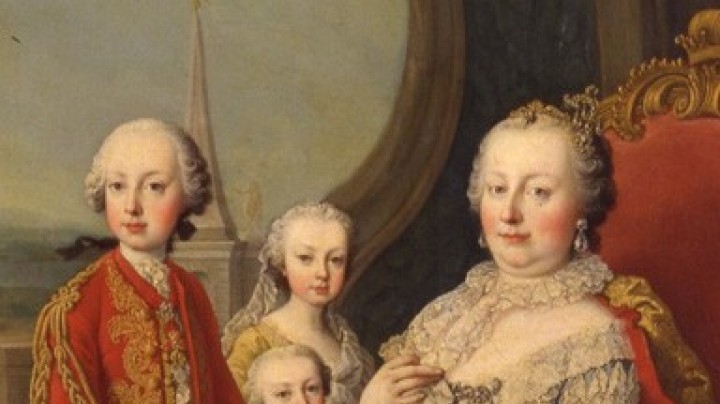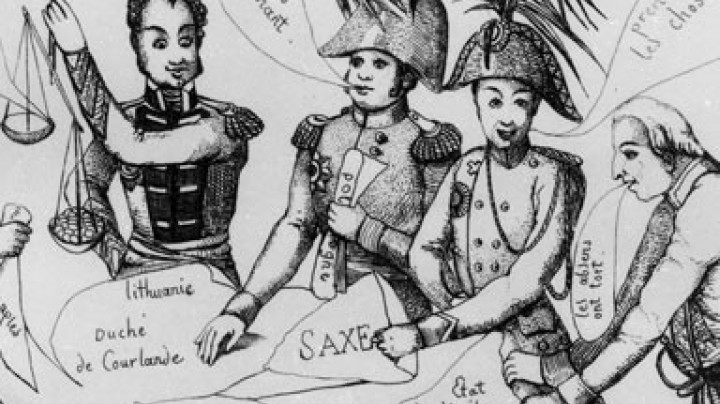Pension provision appropriate to station
The first attempts at provision for old age: awarded for an ‘especially stalwart deed’ the Order of Maria Theresa guaranteed the payment of a pension to its recipients.
Because there was no organized pension system in the time of Maria Theresa, individual professional groups and sections of the population gradually began to be privileged with pension payments. For instance, war heroes who had been distinguished with the Order of Maria Theresa were granted a pension before there was any state provision for old age.
The Grand Cross and the Knight’s Cross in the ‘Military Order of Maria Theresa’ established in 1757 were awarded irrespective of rank, status or religion. The first holder of this order was Count Leopold Daun. He received the distinction for service at the battle of Kolin in 1757, during the Seven Years’ War. Daun was also the initiator and the inspiration for the creation of this order.
Whilst the Grand Cross was reserved for commanding officers in the army or navy, the Knight’s Cross was awarded to officers without any distinction of rank. Membership of the Order of Maria Theresa did not presuppose a noble title, but automatically raised its bearers to the rank of knight. According to the statutes, the order was given for an ‘especially stalwart deed’, explicitly requiring ‘individual initiative of a military nature in combat’. Thus, in an extreme case, disobeying a military command – of course only if the success of some rash action was involved – could lead to an award. The Order of Maria Theresa was bestowed rather cautiously and only after detailed investigation of the heroic deed: in total it was awarded only 1,241 times. The last holder of this order, an Imperial and Royal Naval Aviator, died in 1986.
The award of the Knight’s Cross was linked to an annual pension in addition to salary. After the death of the heroic bearer of the order his widow would continue to receive half of this sum. Apart from the holders of the Order of Maria Theresa, from the middle of the eighteenth century the privilege of provision for old age was only accorded to public officials or civil servants, and this included provision for their surviving dependants. For the majority of the population, however, there was no pension system available, and for this reason broad sectors of society died in poverty.















